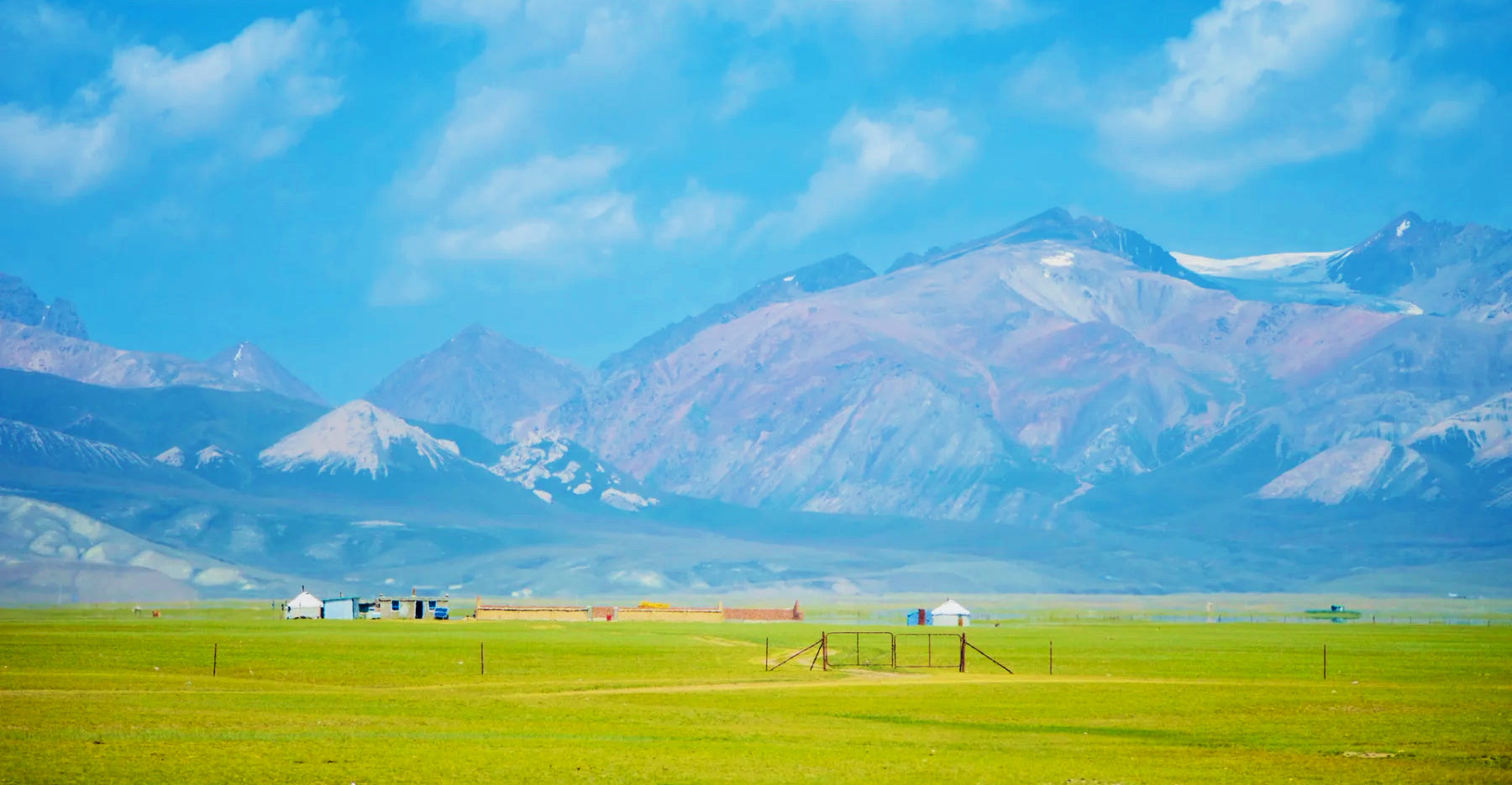
Wuzhen: The Charm of a Water Town Flowing Through Time
Kongsi
As dawn’s light had just spread over Wuzhen’s dark gray tiles, the water lanes woke up. The blue stone steps of the river landing were soaked in shallow water, carrying the coolness of the night. A woman doing laundry sat down on the steps; the soft “dudu” sound of her wooden mallet tapping clothes, mixed with the “sasha” of water lapping the shore, became the ancient town’s first morning melody. The mist hadn’t fully lifted yet, wrapping the water-front white walls like a thin veil. The moss at the base of the walls was saturated with moisture, and even the gaps between the bricks exuded a moist green hue.
When the black-awning boat emerged from the mist, the creak of its oar came before the boat itself. The boatman wore a bamboo hat, and the hem of his blue cotton shirt swayed gently with his movements. In the bamboo basket at the stern lay freshly picked lotus seed pods, their bright green shells still glistening with water droplets. As the boat passed under a stone bridge, its bow brushed lightly against the vines hanging under the arch, shaking dew drops into the water—rippling the reflection of clouds on the surface. It turned out that the clouds in the sky, the tiles along the shore, and the people on the bridge were all embraced by the water, forming a moving painting.

In the afternoon, sunlight slanted over the eaves of the teahouse at the lane entrance. Pushing open the creaky wooden door, one could see two elderly people sitting by the window. In the celadon bowls before them, green tea leaves were still unfolding slowly. Outside the teahouse, an indigo-print apron hung on a clothesline; a corner of it was lifted by the wind, overlapping with the shadow of the black-awning boat on the river, creating an exceptionally vivid blue. A child ran past clutching a sugar figurine, with sugar strands sticking to their lips, yet stopped by the river to watch the fish: a few red carp swirled around the crumbs under the boat, their tails brushing the water. The tiny splashes fell on the blue stone path, quickly fading into faint damp marks.

Wuzhen was warm in the evening. Thin wisps of cooking smoke rose from the chimneys of houses by the river, twining with the lingering dusk and drifting above the water lanes. A mother stood at her door calling her child home, her soft voice wrapped in the aroma of food, carried far by the river breeze. The black-awning boat was also heading back; when the boatman folded his oar, he casually fished a fallen leaf from the water—maybe a maple leaf, maybe a Chinese tallow leaf—and placed it on the bow. It looked like a tiny bookmark added to the boat.
Wuzhen’s beauty was never deliberately staged. It was the indigo-print cloth floating with the waves in the water lanes, the strings of corn drying on the stone bridge, and the casual greeting between a local and the boatman as they passed by. The water here was more than just scenery; it was tenderness woven into daily life, making every moment slow enough to savor. If you want to find the soul of Jiangnan, a visit to Wuzhen will tell you—every wisp of wind and every inch of water here holds the most authentic charm of a water town.









